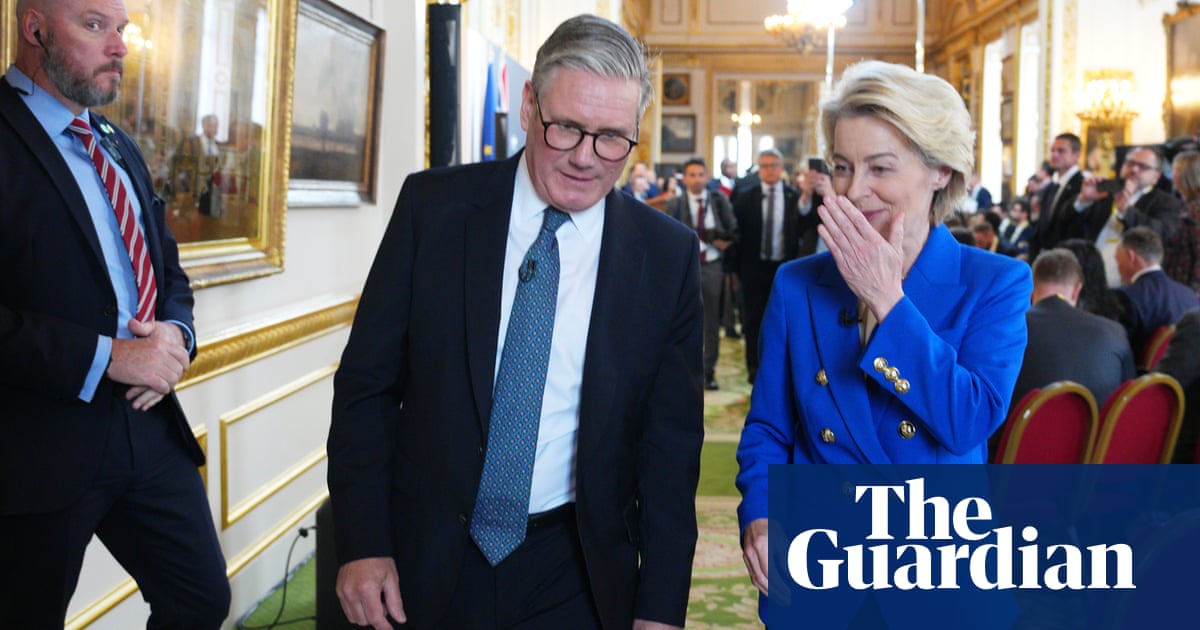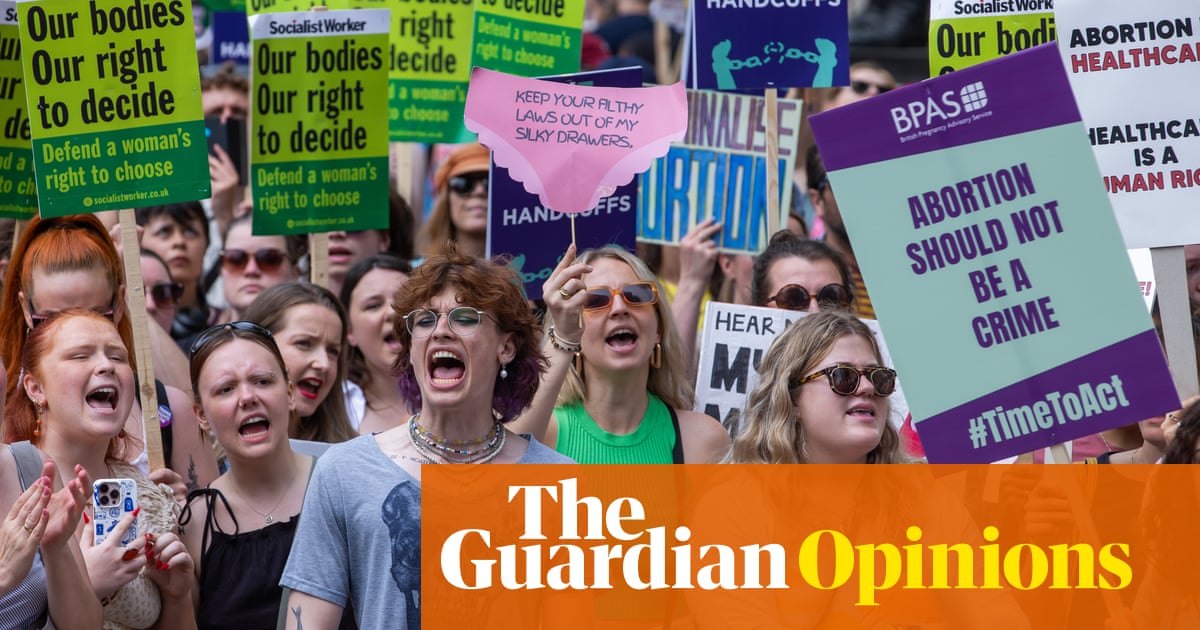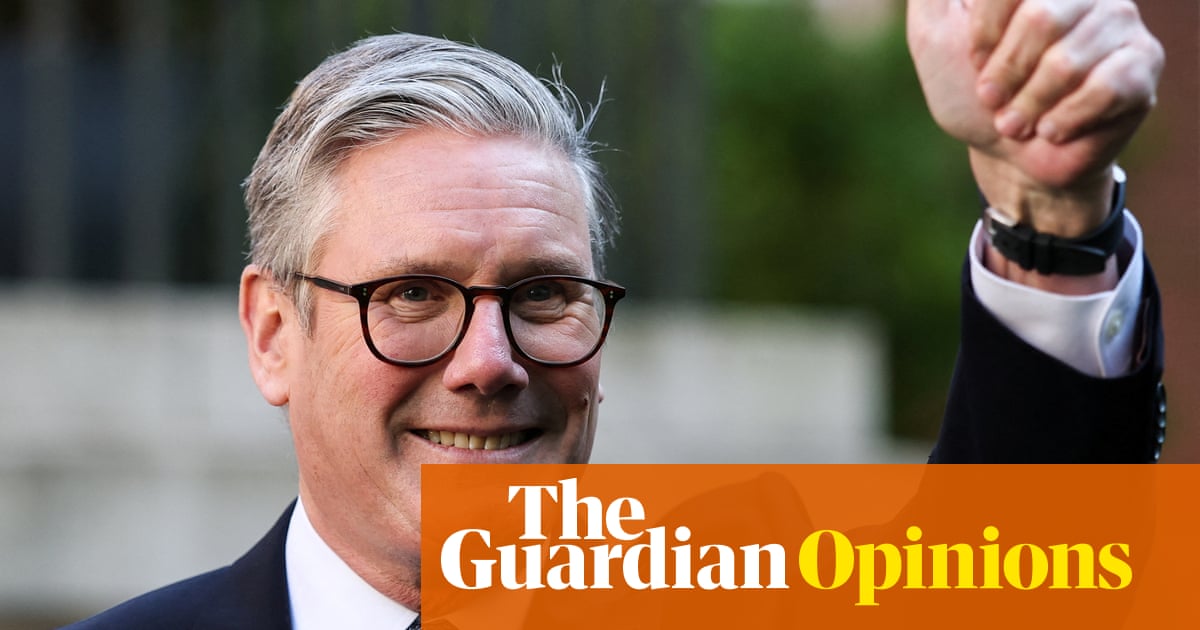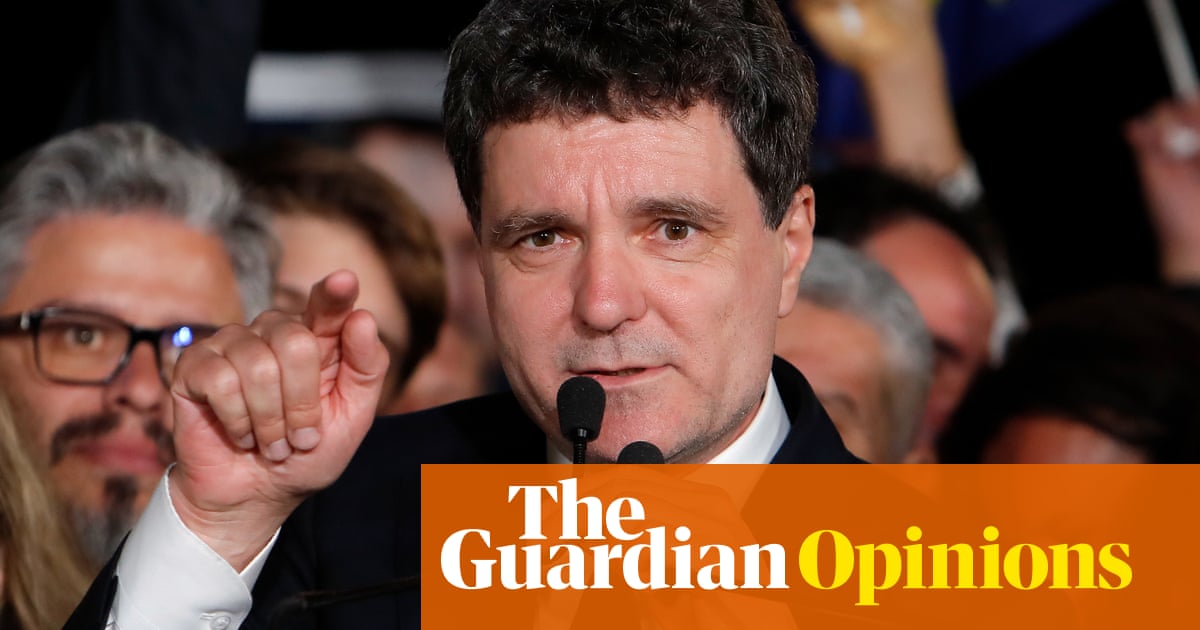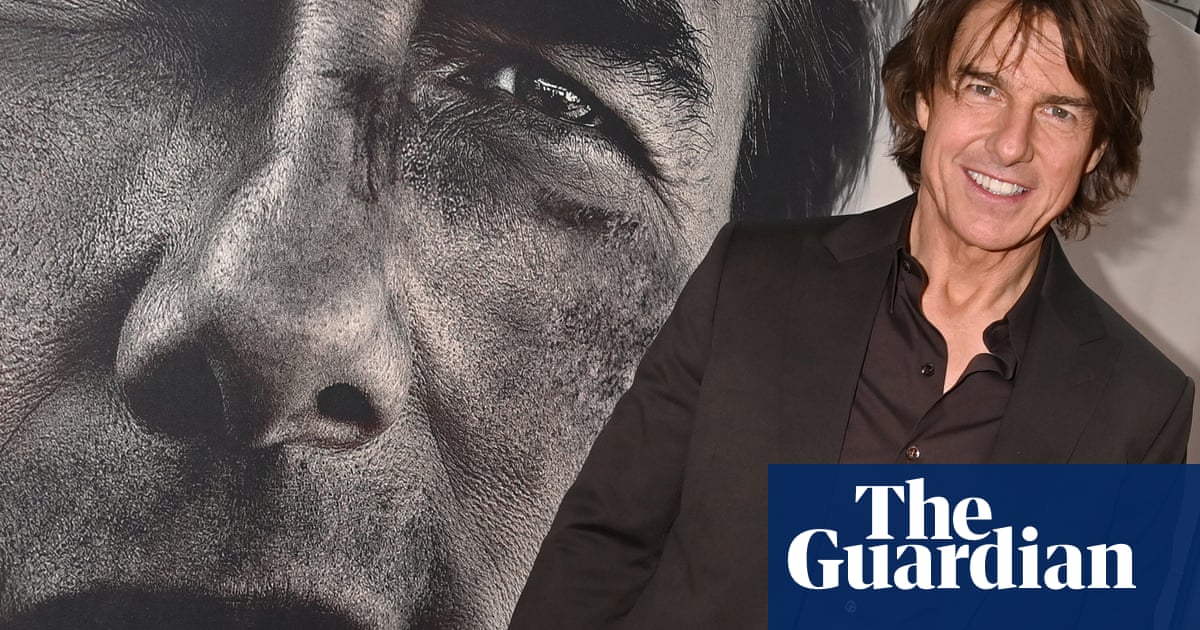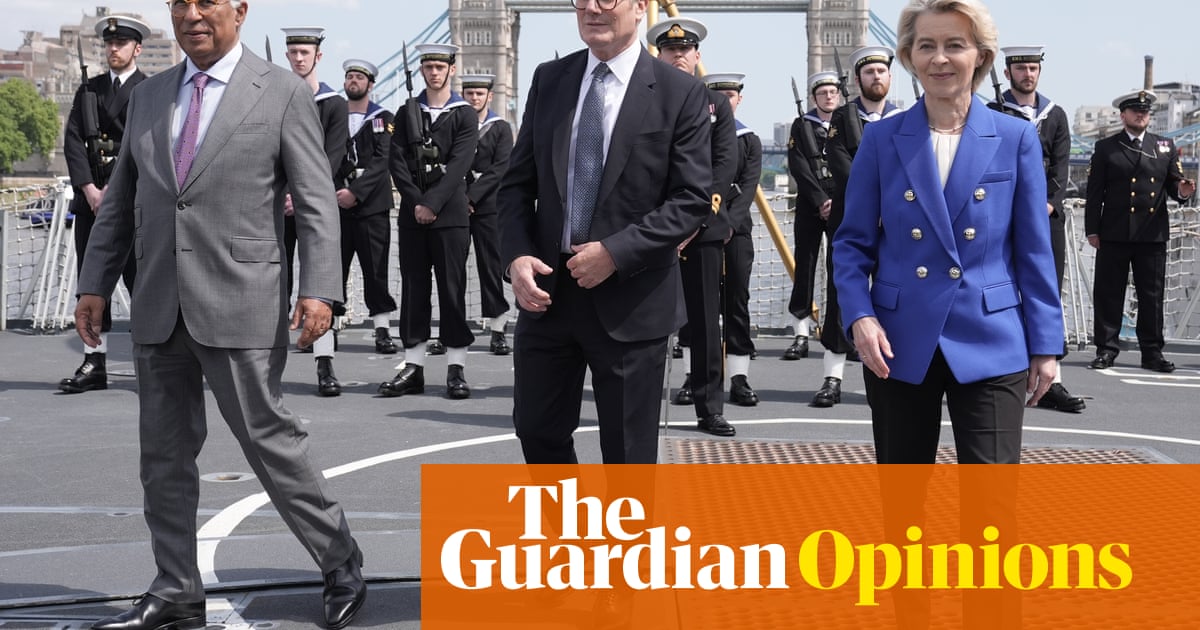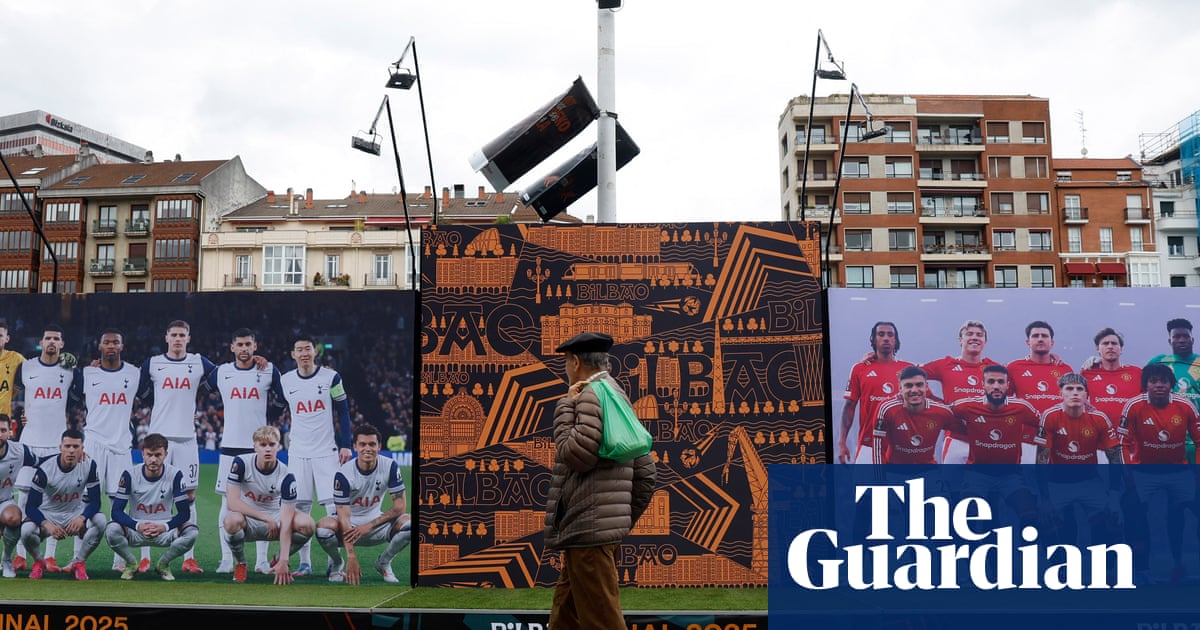Keir Starmer has vowed his EU reset deal will deliver cheaper food and energy for British people, heralding a “win-win” as he sealed the high-stakes agreement with concessions on youth visas and fishing.
“Britain is back on the world stage,” the prime minister said after shaking hands on the deal with the EU’s Ursula von der Leyen in London. “It gives us unprecedented access to the EU market, the best of any country … all while sticking to the red lines in our manifesto.”
Von der Leyen described it as “a historic moment … opening a new chapter in our unique relationship”. But attacks came immediately from rightwing parties, which said the deal would make the UK a “rule taker” from Brussels.
Starmer emphasised the tangible benefits the deal would do for Britons, including cheaper food in supermarkets and an end to passport queues at European airports with a deal for travellers to use European e-gates. No 10 hopes both can be clinched within a year.
The deal also paves the way for the UK’s return to the Erasmus university exchange programme, and the creation of a youth mobility scheme that would allow young people access to the EU through work, study, au pair or travel.
UK ministers have insisted the scheme will be capped and time-limited, similar to those deals struck with Australia and New Zealand. But officials said there were hard negotiations yet to be done on whether the capped numbers would be from individual member states or EU-wide.
Acknowledgingfor the first time the damage done by Brexit to Britain’s trade, Starmer said the deal to remove restrictions from agrifood trade would give a boost of £9bn to the UK economy. In a government briefing, No 10 said it would redress the 21% drop in exports and 7% drop in imports seen since Brexit.
It is the third deal Britain has struck this month, after agreements with India and the US.
The chancellor, Rachel Reeves, one of the biggest Europhiles in the cabinet, said Monday’s agreement was “the best deal with the EU for any country” and would show “Britain now is the place to put investment and do business, because we’ve got preferential deals with the biggest economies”.
But the price for the trade boost was controversial. The UK will grant EU fishers access to British waters for an additional 12 years, an eleventh-hour concession from the UK three times as long as it had originally offered, which led to cries of betrayal from the Conservatives and industry figures. Boris Johnson, the former prime minister who signed the Brexit deal, said Starmer was “turning this country once again into the orange ball-chewing, leather-trussed gimp”.
The National Federation of Fishermen’s Organisations said it was “very disappointed” with the deal and that it “surrenders the best prospect that the fishing industry and coastal communities had for growth over the coming decade”.
No 10 said the industry would benefit many times over from the export deal which would allow some foods including shellfish to be exported to the EU for the first time since Brexit.
The wide-ranging deal struck at the Lancaster House summit on Monday includes:
-
A defence pact as the first step towards securing British access to a new €150bn (£126bn) EU rearmament fund, though the UK will pay into the fund.
-
Faster access for travellers who will be able to use e-gates at airports on the continent, although the timeline is unclear.
-
A landmark emissions-trading deal, meaning UK exporters will avoid £800m of carbon border taxes.
-
Closer cooperation on crime and migration, including access to the EU facial recognition data, a key request from Starmer.
UK officials said they had agreed the long-term fishing settlement to give the industry certainty – and that the EU had originally demanded a permanent fishing deal or to time-limit the agrifood deal, which British negotiators refused to accept.
Negotiations went late into Sunday night. The final details were offered by UK negotiators at about 10.30pm and negotiations on the language continued until 3am. EU ambassadors met in the early morning to rubber-stamp the three agreed texts.
The fraught final hours came after tempers flared in Brussels, particularly when Downing Street briefed on Saturday night that the deal was done – but the 12-year fishing deal was not agreed till the following day. Sources suggested that Starmer’s apparent acceptance of a youth mobility deal in an interview on Friday gave EU negotiators an opening to push for further concessions.
after newsletter promotion
The agrifood deal paves the way for the removal of checks on British food exports, allowing everything from the “great British burger to shellfish” to be sold again with ease in the EU, Starmer said. It crosses one of the totemic red lines of the Brexit negotiations under the Conservatives, accepting dynamic alignment with EU standards and a role for the European court of justice.
The change, once formally agreed, will need primary legislation in parliament, though unlike under the Conservatives there is no prospect of Labour MPs holding up the change, though some are uneasy about the deal.
Addressing Labour MPs after the summit, Starmer said he would face the political threat from Reform head on, making the case that trade deals would save jobs and put money in people’s pockets.
“Reform are our main rivals for power,” he added. “We have a moral responsibility to make sure [Nigel] Farage never wins. We have to be clear that every opportunity he has had in this parliament to back working people he’s voted against. We will take the fight to him. We will fight as Labour.”
The Conservative leader, Kemi Badenoch, claimed it would make it “much harder” to get a free trade agreement with the US, where chlorinated chicken and hormone-treated beef, banned in the EU, are allowed.
There is no legal agreement on any of the deals announced and negotiations will now begin on the fine print. But von der Leyen said she hoped that the UK would be able to join the defence agreement “within weeks”.
Starmer said he wanted UK holidaymakers to be able to use e-gates in EU countries “as soon as possible”, but the final move will be up to individual states. “There’s no inhibition on this, so I want to see it done quickly,” he said. “For holidaymakers wanting to get out this summer they will want to know that they can do so easily and without delay and chaos.”
Badenoch said: “This deal is taking us to the past and that is why we call it surrender.” She stopped short of saying she would rip up the terms of the deal, saying only that she would seek to renegotiate should the Tories return to power.
Major supermarkets and food and drink companies hailed the agrifood deal as a gamechanger, though it is expected to make relatively little impact on GDP. The Office for Budget Responsibility has estimated that Brexit reduced the UK economy’s long-term productivity by 4%.
Salmon Scotland said it was a “breakthrough that eases the burden on our farmers, processors and the communities they support, and we welcome efforts to implement it at pace”.
The NFU, an employers’ association representing British farmers, said the benefits would ultimately depend on how much say the UK had over standards it had to adhere to. “This deal will deliver many benefits for agrifood exports to the EU,” the NFU said. “However, there remain important questions about what is within the scope of this agreement and, where current rules and regulations do differ, if there will be any exclusions.”

 3 hours ago
4
3 hours ago
4



